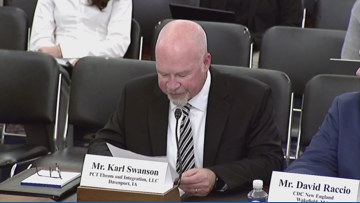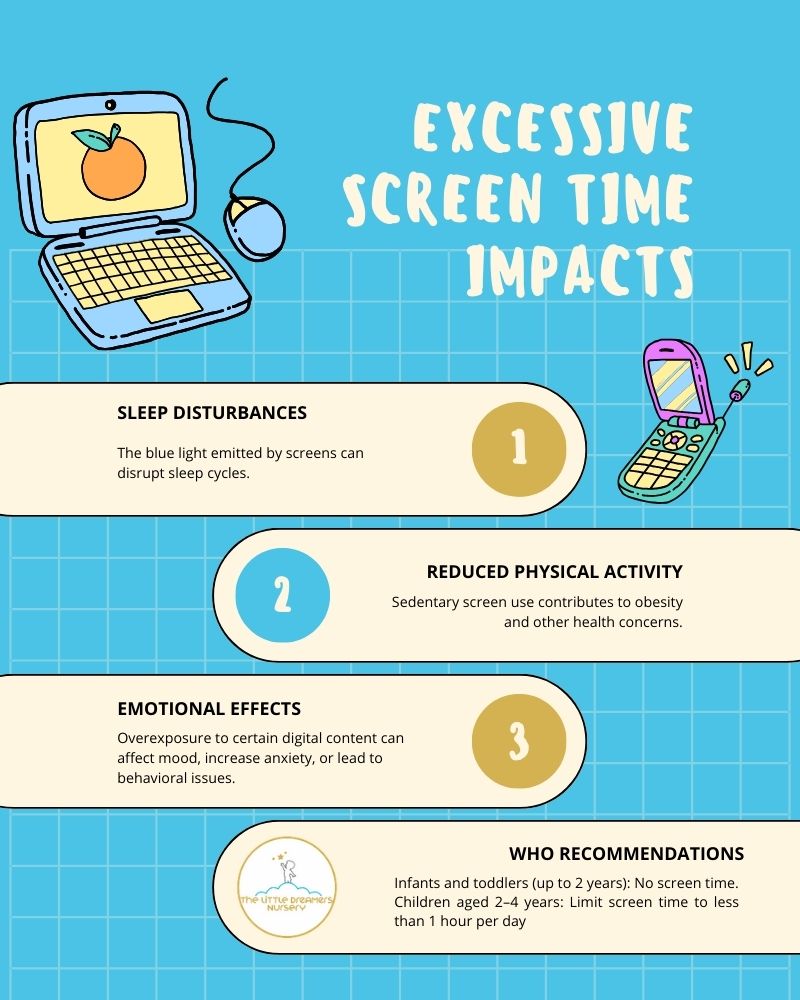
Ivy Tech Community College Hosts Ivy & Iron Awards Luncheon Highlighting Correctional Education and Sustainable Development Goals
Introduction
On June 11, 2025, Ivy Tech Community College in Madison, Indiana, hosted the inaugural Ivy & Iron Awards Luncheon. The event brought together educators and leaders from across Indiana to recognize the dedication, innovation, and impact of correctional education staff collaborating with the Indiana Department of Correction (IDOC). This partnership aligns closely with several Sustainable Development Goals (SDGs), particularly SDG 4 (Quality Education), SDG 8 (Decent Work and Economic Growth), and SDG 16 (Peace, Justice, and Strong Institutions).
Correctional Education Programs and SDG Alignment
Ivy Tech delivers high-quality educational programs within correctional facilities, including:
- Adult Basic Education (ABE)
- English Language Learning (ELL)
- Career and Technical Education (CTE)
These programs prepare incarcerated individuals for successful re-entry into society by providing certifications, industry credentials, and transferable college credits. This initiative supports SDG 4 by ensuring inclusive and equitable quality education and promoting lifelong learning opportunities for all. Furthermore, it contributes to SDG 8 by enhancing employability and economic productivity of marginalized populations.
Purpose and Mission of the Ivy & Iron Awards
Amber Finnegan, State Director of Education, emphasized the transformative power of education within correctional facilities, stating that the awards honor those who make this possible. The awards celebrate individuals whose passion, perseverance, and purpose empower incarcerated learners to build better futures, thereby advancing SDG 10 (Reduced Inequalities) and SDG 16 by fostering peaceful and inclusive societies.
Award Categories and Recipients
The Ivy & Iron Awards recognize excellence across various roles in correctional education, from instruction and innovation to administrative support and leadership. Recipients were nominated by their peers and selected based on their commitment to student success. The 2025 awardees include:
- Compass Award – Debbie Davis (New Castle Correctional Facility): For providing steady guidance and support at the heart of the school.
- Stepping-stone Award – Lori Stranger (Plainfield Correctional Facility): For helping others advance through compassion and action.
- Luminary Award – Joe Wenig (Miami Correctional Facility): For forward-thinking innovation and bright leadership.
- Rising Star Award – Dr. Sam Frantz (Wabash Valley Correctional Facility): For showing early excellence and promise in correctional education.
- Anchor Award – Linda Brinkman (Westville Correctional Facility): For providing essential support and stability behind the scenes.
- Beacon Award – Gin Jarnagin (New Castle Correctional Facility): For illuminating learning in ABE and ELL classrooms.
- Pathfinder Award – Shane Schwartzkopf (Westville Correctional Facility): For charting new paths to career success through vocational training.
- Cornerstone Award – Shawn Hughes (Putnamville Correctional Facility): For foundational leadership and program coordination.
- Summit Award – ABE – Erica Jane Coulter (Madison Correctional Facility): For excellence in Adult Basic Education.
- Summit Award – CTE – Jeremiah Johnson (Putnamville Correctional Facility): For exceptional work in Career and Technical Education.
- Keystone Award – Branchville Correctional Facility Team (Laura James, Kendall Zabel, Michael Phillips, Brad Zellner, Kara Scott, Bryan Lafollette, James Rash): For outstanding teamwork and educational excellence.
Conclusion
The Ivy & Iron Awards Luncheon underscores the critical role of education in correctional facilities as a driver for sustainable development. By fostering educational opportunities and career readiness among incarcerated individuals, Ivy Tech Community College and its partners contribute significantly to achieving multiple SDGs, including quality education, decent work, reduced inequalities, and strong institutions. This event exemplifies a commitment to transforming lives and promoting inclusive growth within the justice system.
1. Sustainable Development Goals (SDGs) Addressed or Connected
- SDG 4: Quality Education
- The article focuses on correctional education programs including adult basic education (ABE), English language learning (ELL), and career and technical education (CTE), which align with the goal of ensuring inclusive and equitable quality education and promoting lifelong learning opportunities for all.
- SDG 10: Reduced Inequalities
- By providing education and vocational training to incarcerated individuals, the initiative helps reduce inequalities faced by marginalized populations, supporting social inclusion and equal opportunities.
- SDG 8: Decent Work and Economic Growth
- The focus on career and technical education and certifications prepares individuals for re-entry into the workforce, contributing to productive employment and decent work for all.
2. Specific Targets Under Those SDGs Identified
- SDG 4 Targets
- Target 4.3: Ensure equal access for all women and men to affordable and quality technical, vocational and tertiary education, including university.
- Target 4.4: Increase the number of youth and adults who have relevant skills, including technical and vocational skills, for employment, decent jobs and entrepreneurship.
- SDG 10 Targets
- Target 10.2: Empower and promote the social, economic and political inclusion of all, irrespective of age, sex, disability, race, ethnicity, origin, religion or economic or other status.
- SDG 8 Targets
- Target 8.6: Reduce the proportion of youth not in employment, education or training.
3. Indicators Mentioned or Implied to Measure Progress
- Indicators Related to SDG 4
- Number of incarcerated individuals enrolled in and completing Adult Basic Education (ABE), English Language Learning (ELL), and Career and Technical Education (CTE) programs.
- Number of certifications, industry credentials, and transferable college credits earned by incarcerated individuals.
- Indicators Related to SDG 10
- Rate of social inclusion and empowerment of formerly incarcerated individuals through education.
- Indicators Related to SDG 8
- Employment rates of formerly incarcerated individuals after release, linked to participation in vocational training and education programs.
4. Table of SDGs, Targets, and Indicators
| SDGs | Targets | Indicators |
|---|---|---|
| SDG 4: Quality Education |
|
|
| SDG 10: Reduced Inequalities |
|
|
| SDG 8: Decent Work and Economic Growth |
|
|
Source: 953wiki.com







